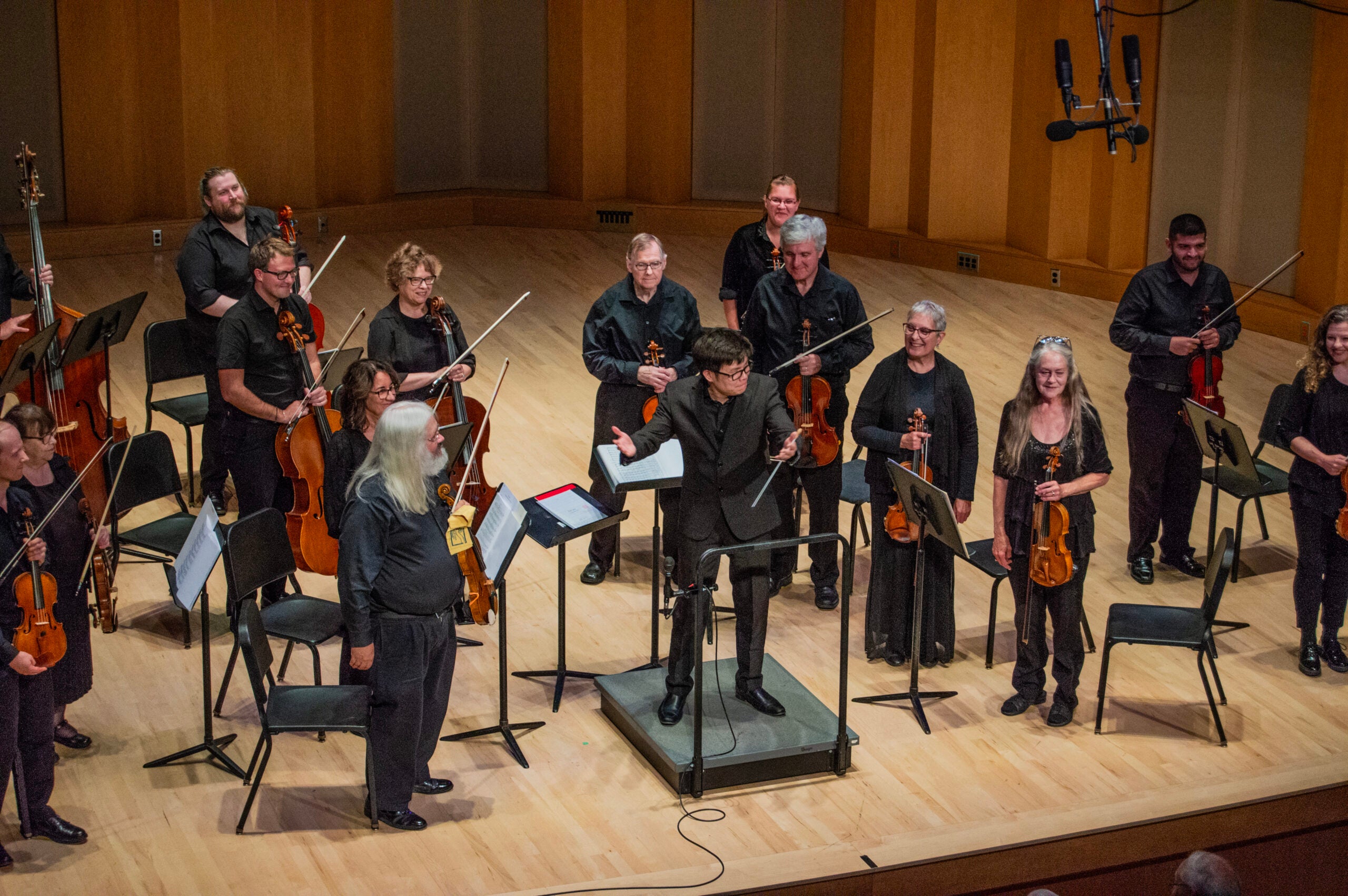On May 7, 1783, Mozart got around to writing from Vienna to his father in Salzburg a letter in which he introduced the man who would collaborate with him on some of the greatest operas ever written.
I have looked at a least a hundred libretti or more, but I have barely found a single one that’s satisfactory, by which I mean that so many changes would have to be made here and there that even if a poet would try to make them it would be easier for him to start from scratch with a new text–which indeed is always the best thing to do.
Our poet here is now a certain Abbot Da Ponte. He has a tremendous amount to do with revising pieces for the theater and he’s committed to writing an entirely new libretto for Salieri, which will take two months. He has promised to follow that with a new libretto for me. But who knows whether he’ll be able to keep his word–or will want to? For, as you know, these Italian gentlemen are very courteous to your face. Enough! We know them!
Stay informed on the latest news
Sign up for WPR’s email newsletter.
If he’s in cahoots with Salieri I’ll never get anything out of him. But I really want to show what I can do in Italian opera! So I’ve been thinking that unless Varesco is still quite put out with us regarding the Munich opera, perhaps he would write me a new libretto for seven characters. Basta! You will know best if it can be worked out. In the meantime he could make some notes, and when I come to Salzburg, we could work through them together.
Lorenzo Da Ponte would go on to write the texts for three of Mozart’s greatest operas–The Marriage of Figaro, Don Giovanni, and Cosi fan tutti. Then he would fall on hard times and get help from an unlikely person. We’ll get that story in December.
Wisconsin Public Radio, © Copyright 2025, Board of Regents of the University of Wisconsin System and Wisconsin Educational Communications Board.





